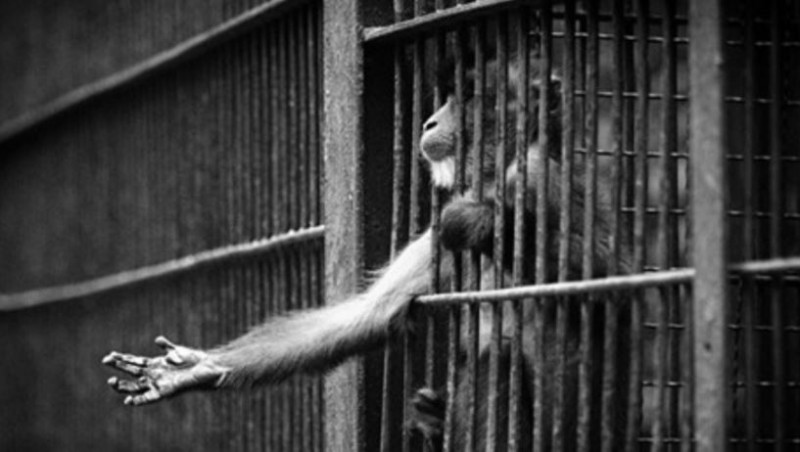
Zoos have long been a popular destination for families looking to enjoy a day out and get up close with exotic animals. However, beneath the surface of entertainment and education lies a world of secrets that many zoos don't want you to be aware of. In this article, we will delve into the perplexing and often disturbing aspects of zoos that are often hidden from the public eye.
Zoos, like any other business, are driven by profit. While they may present themselves as conservation-focused organizations, the reality is that many prioritize financial gains over animal welfare.
One of the sinister secrets of zoos is their breeding programs, which are primarily designed to create adorable baby animals to attract visitors. These breeding efforts often overlook the long-term well-being of the animals involved.
Animals in captivity often suffer from stress and mental health issues. The confinement, limited space, and lack of mental stimulation can lead to behavioral problems and reduced lifespans.
Animals in zoos are susceptible to various health issues, including obesity and inbreeding. These problems can be exacerbated by the limited genetic pool within captivity.
While zoos claim to be involved in conservation efforts, their impact on wild populations is often minimal. Most species bred in captivity are not suitable for reintroduction into their natural habitats.
Zoos may provide educational programs, but they often prioritize entertainment over true learning. Visitors leave with a skewed perception of wildlife, believing that animals are content in captivity.
The global zoo industry involves the buying and selling of animals, often under questionable circumstances. Animals are treated as commodities, leading to exploitation and suffering.
Zoos sometimes resort to euthanizing or culling surplus animals when they no longer serve their purposes. This practice raises ethical concerns about the value placed on animal lives.
Zoos give visitors a distorted view of wildlife by displaying animals in unnatural settings. This can lead to a lack of understanding and empathy for animals in their natural habitats.
The desire to entertain visitors can lead to animals being subjected to unnatural behaviors and conditions solely for the sake of spectacle.
Instead of visiting traditional zoos, consider supporting ethical wildlife sanctuaries that prioritize animal welfare and conservation without compromising on profits.
It's crucial to educate yourself and others about the realities of zoos. By raising awareness, we can drive change in the industry and push for improved animal welfare standards.
While zoos may have their place in society, it's essential to acknowledge the hidden truths that many of them don't want you to be aware of. By understanding the business-driven nature of zoos and their impact on animal welfare, we can make informed choices about how we interact with and support these institutions.
Although microplastics pose a serious threat, there may be a way to counter it
Understanding the Leading Causes of Death Globally
If you want to lose weight then upma is a good option for breakfast, know here why?